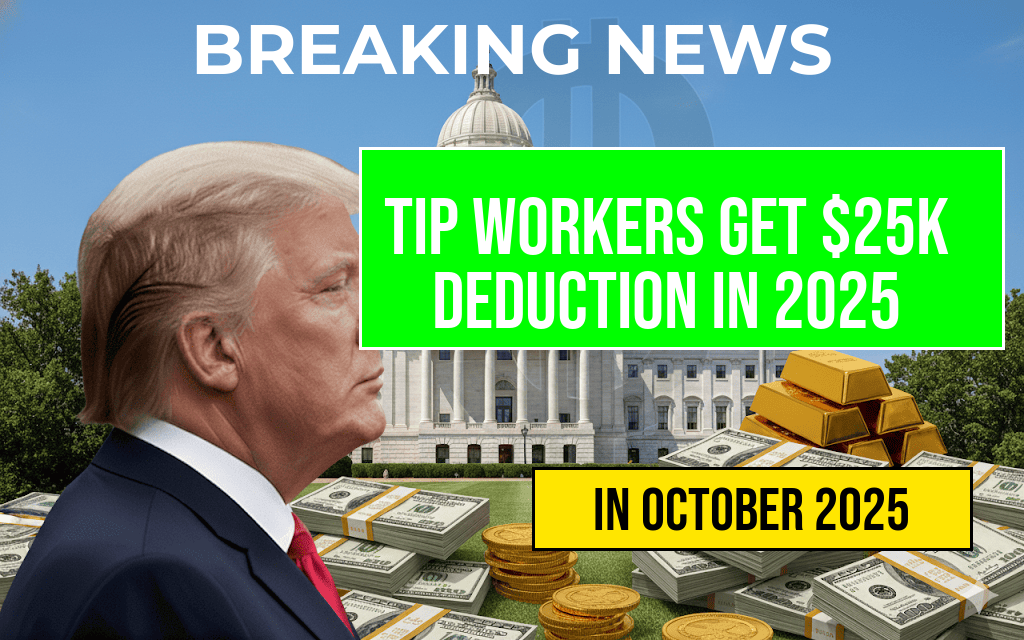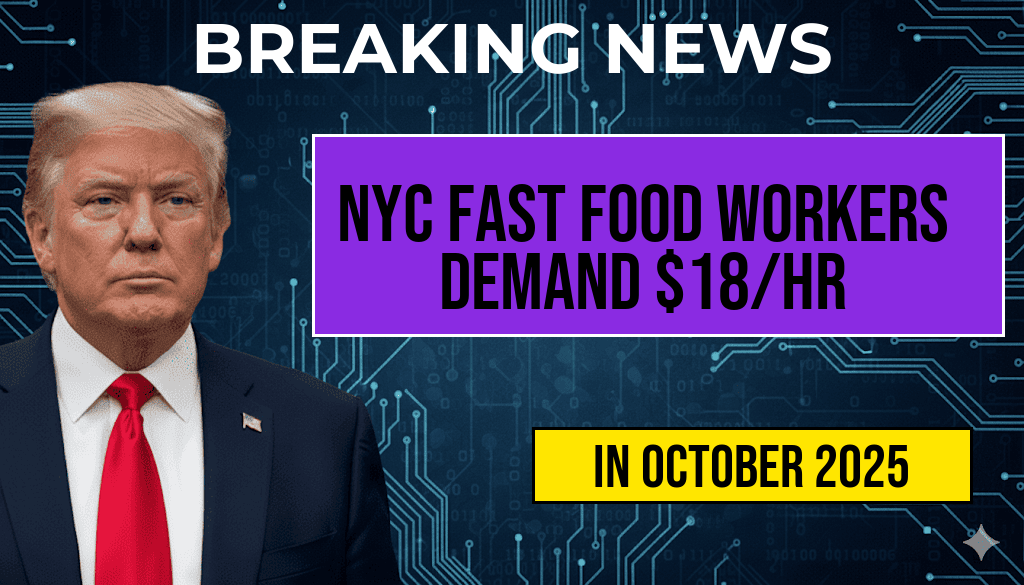The looming federal government shutdown threatens to create a stark division among Social Security recipients, with existing beneficiaries largely shielded from immediate disruption while new applicants face significant delays. Due to a temporary funding lapse, the Department of the Treasury has indicated that, unless Congress acts swiftly, the processing of new Social Security claims could come to a halt. Meanwhile, current beneficiaries are expected to continue receiving their payments without interruption, as their benefits are protected under existing legislation. This split represents a form of segregation within the social safety net, raising concerns among advocates and policymakers about fairness and the long-term implications for vulnerable populations.
Background on Social Security Funding and the Shutdown Impact
Authorized by federal law, Social Security relies on payroll taxes collected from millions of American workers. Its financial stability is maintained through annual appropriations, which are typically renewed through bipartisan agreements. However, when Congress fails to pass funding legislation in time, a government shutdown ensues, affecting various federal programs and services.
The current impasse centers around disagreements over budget priorities, with some lawmakers advocating for spending cuts that threaten to limit the processing of new Social Security applications. As a result, the Social Security Administration (SSA) faces a potential standstill in handling new claims, while its ability to disburse benefits to current recipients remains largely unaffected.
Existing Beneficiaries and the Shield of Legal Protections
Under the Social Security Act, beneficiaries who already receive benefits are protected from immediate disruptions during a government shutdown. The SSA has historically ensured that current payments go out on schedule, even amid funding gaps, because these disbursements are considered mandatory spending. This legal safeguard means that millions of retirees, disabled individuals, and survivors can count on their monthly checks without interruption.
According to the SSA, approximately 65 million people rely on Social Security benefits, making it one of the largest social safety programs in the country. These recipients often depend heavily on their benefits for basic living expenses, and any interruption could have severe consequences, especially for those with limited savings or alternative income sources.
New Applicants and the Risk of Complete Delays
In contrast, individuals applying for Social Security benefits for the first time face a different reality. The shutdown could suspend the processing of new claims entirely, leading to a backlog that might stretch for weeks or months. This situation would disproportionately impact older adults, disabled individuals, and families seeking assistance for the first time.
| Applicant Type | Processing Status | Potential Delays |
|---|---|---|
| Existing Beneficiaries | Protected; payments continue | None expected |
| New Applicants | Potential suspension of processing | Weeks to months, depending on resolution |
| Appeals & Additional Requests | Likely delayed or halted | Uncertain, possibly indefinite |
Officials from the SSA have indicated that, unless appropriations are restored swiftly, the agency will halt new claim processing to conserve limited resources, exacerbating the plight of those awaiting benefits. This bifurcation effectively creates a two-tier system within Social Security, where current beneficiaries continue to receive support, but newcomers encounter a wall of bureaucratic delay.
Legal and Political Dimensions
The division between protected and delayed beneficiaries stems from legal mandates that prioritize ongoing payments. However, the political landscape complicates efforts to prevent delays for new applicants. Some lawmakers argue that the shutdown exposes flaws in the funding structure, emphasizing the need for permanent solutions to avoid future disruptions.
Advocacy groups warn that prolonged delays could deepen economic hardship for vulnerable populations, especially as inflation pressures increase. “Delaying access to benefits for new applicants undermines the fundamental purpose of Social Security as a safety net,” said a spokesperson for the National Committee to Preserve Social Security & Medicare (NCPSSM). “It’s essential that Congress prioritize the protection of all beneficiaries, not just those currently receiving payments.”
Potential Policy Responses and Future Outlook
Some policymakers propose temporary measures to mitigate the impact, including emergency funding or bipartisan agreements to extend current appropriations. Others emphasize the importance of long-term reforms, such as increasing trust fund reserves or adjusting payroll tax structures, to ensure stability regardless of political gridlock.
For now, the situation underscores the fragility of the social safety net amid fiscal disagreements. While current recipients are expected to remain unaffected in the short term, the uncertainty surrounding new claims could create a ripple effect, delaying aid to those most in need and complicating the economic stability of millions.
As negotiations continue, the hope remains that Congress will reach an agreement swiftly, preventing further hardship for new applicants and maintaining the integrity of Social Security as a cornerstone of American social policy. For more on the mechanics of the program and recent legislative developments, visit Wikipedia’s Social Security page and Forbes’ coverage on government shutdown impacts.
Frequently Asked Questions
What is the impact of the government shutdown on Social Security recipients?
The government shutdown will segregate Social Security recipients into two tiers. Existing beneficiaries will remain protected and continue to receive their payments without interruption. However, new applicants will face significant delays in processing their claims.
Will current Social Security beneficiaries be affected by the shutdown?
No, current beneficiaries will continue to receive their Social Security benefits as usual. They are protected from the shutdown’s disruptions, ensuring ongoing access to their payments.
How will the shutdown affect new Social Security applicants?
New applicants for Social Security benefits will experience complete delays in processing their claims during the shutdown. This means they will not receive benefits until the government resumes normal operations.
Why are existing beneficiaries protected while new applicants face delays?
Existing beneficiaries are protected because their benefits are typically secured through prior arrangements and ongoing payments. In contrast, new applicants rely on processing that depends on government operations, which are disrupted during a shutdown.
What should Social Security recipients and applicants do during the shutdown?
Current beneficiaries should continue to monitor their payments, which are expected to continue uninterrupted. New applicants should stay informed through official channels and be prepared for potential delays in processing their claims until the government resumes normal functions.






